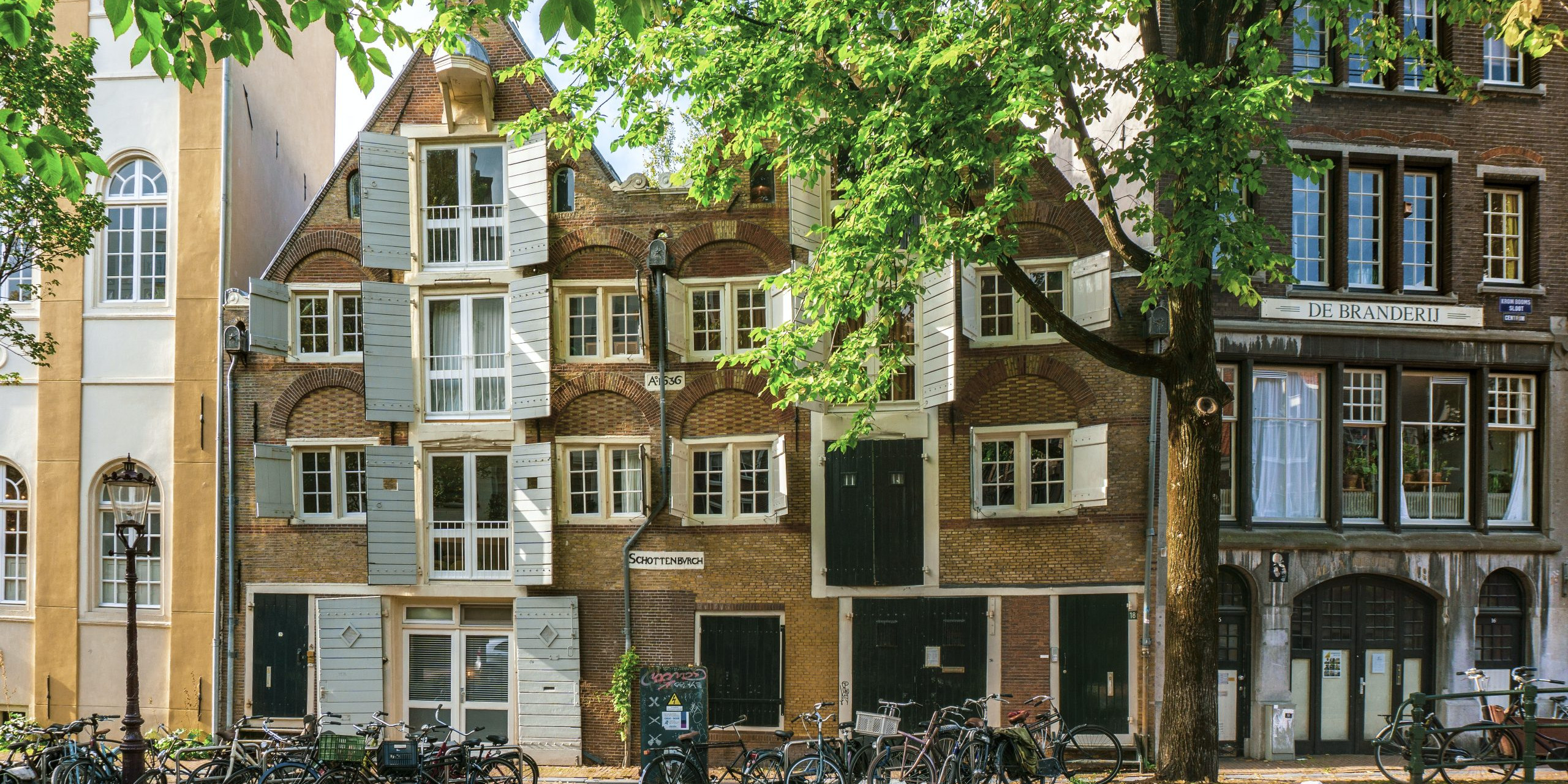Navigating the world of property transactions in Scotland can be complex, especially when it comes to understanding conveyancing fees. Conveyancing, the legal process of transferring property ownership, involves various costs that can impact your budget. This article delves into the intricacies of conveyancing fees in Scotland, offering insights and tips to help you manage these expenses effectively.
Key Takeaways
- Understanding Conveyancing Fees: Conveyancing fees are split into legal fees and disbursements, with costs varying based on property type and location.
- Average Costs and Factors: The average conveyancing fees in Scotland range significantly, influenced by factors like property value and solicitor location.
- Saving on Fees: Strategies to reduce conveyancing costs include shopping around for quotes and considering fixed fee conveyancing options.
What are Conveyancing Fees?
Conveyancing fees encompass the costs associated with the legal side of buying or selling a property. These fees are typically divided into two categories:
- Legal Fees: The charges for the work done by the conveyancer or solicitor.
- Disbursements: Costs for third-party services like searches and checks.
Components of Conveyancing Fees
- Legal Fees: Vary based on property type (leasehold or freehold), solicitor location, and property value.
- Disbursements: Include costs for anti-money laundering checks, title deeds, local authority searches, and more.
Factors Influencing Conveyancing Fees
Several factors can affect the total cost of conveyancing fees:
- Property Type: Leasehold properties often incur higher fees due to additional legal work.
- Solicitor’s Location: Fees can vary based on where the solicitor is based in Scotland.
- Additional Services: Expedited processes or complex property issues may increase costs.
Table: Average Conveyancing Fees
| Fee Type | Average Cost | Notes |
| Legal Fees | £500 – £1,150 | Plus disbursements |
| Disbursements | Up to £700 | Varies based on services required |
| Leasehold Supplement | Additional £300 | For leasehold properties |
Choosing the Right Conveyancing Solicitor
Selecting a suitable conveyancing solicitor is crucial for a smooth property transaction. Consider the following when making your choice:
- Local Expertise: A solicitor familiar with Scottish property laws and local regulations.
- Comparing Quotes: Shop around and compare different solicitors’ fees and services.
- Credentials: Ensure the solicitor is registered with a professional body in Scotland.
How to Save on Conveyancing Fees
- Negotiate Fees: Discuss fees with your solicitor to find potential savings.
- DIY Conveyancing: Consider handling some aspects yourself, but be aware of the risks.
- Fixed Fee Conveyancing: Opt for a fixed fee service to avoid unexpected costs.
Understanding the Conveyancing Process
The conveyancing process involves several steps, each with associated costs. Being aware of these can help you budget effectively:
- Initial Searches: Includes local authority and environmental searches.
- Legal Work: Drafting contracts, handling negotiations, and finalizing the sale.
- Completion: Transferring ownership and registering the property.
Table: Typical Disbursements in Conveyancing
| Disbursement | Cost | Description |
| Anti-Money Laundering Checks | £6 – £20 | Verifying identity |
| Title Deeds | £6 | For selling properties |
| Local Authority Searches | £250 – £450 | Essential for buyers |
| Property Fraud Check | £10 | Ensuring legitimacy of transactions |
Navigating Conveyancing in Scotland
Understanding conveyancing fees in Scotland is essential for anyone involved in property transactions. By being informed about the costs and processes, and knowing how to choose the right solicitor, you can navigate these expenses more effectively. Remember, the right preparation and knowledge can lead to significant savings and a smoother conveyancing experience.
The Role of Conveyancing in Fast Property Sales
Conveyancing is not just a legal formality; it’s a crucial element in the timeline of selling a property. In fast property sales, the speed and efficiency of the conveyancing process can significantly impact the overall transaction time.
Efficient Conveyancing: Key to Quick Sales
- Streamlined Processes: Fast-track conveyancing involves expedited searches and documentation.
- Communication: Effective communication between all parties ensures a quicker process.
- Technology: Utilising online platforms for document management and e-signatures.
Table: Benefits of Efficient Conveyancing
| Benefit | Description |
| Speed | Reduces overall transaction time |
| Cost Savings | Minimises holding costs and potential market fluctuations |
| Convenience | Simplifies the selling process for the seller |
Comparing Conveyancing Fees: Traditional Sale vs Fast Property Sales
When considering a fast property sale, it’s essential to understand how conveyancing fees compare to traditional sales.
Cost Comparison: Traditional vs Fast Sales
- Traditional Sales: Involves standard conveyancing fees, including legal fees and disbursements.
- Fast Sales: May offer reduced or fixed conveyancing fees due to the streamlined process.
Table: Conveyancing Fee Comparison
| Sale Type | Average Legal Fees | Disbursements |
| Traditional | £500 – £1,150 | Up to £700 |
| Fast Sales | Reduced/Fixed Fees | Minimal/Included |
Testimonials and Case Studies
Real-life examples and client testimonials can provide valuable insights into the benefits of fast property sales and efficient conveyancing.
Success Stories: Time and Cost Savings
- Case Study 1: A homeowner in Edinburgh who sold their property in two weeks, saving on holding costs.
- Case Study 2: A Glasgow resident who avoided lengthy market exposure and quickly moved on to their next venture.
Table: Real-Life Examples
| Case | Time Saved | Cost Saved |
| Edinburgh Homeowner | 2 Weeks | £1,000+ |
| Glasgow Resident | 1 Month | £2,000+ |
Frequently Asked Questions
What are the main components of conveyancing fees?
Conveyancing fees typically consist of legal fees for the solicitor’s work and disbursements for third-party services like searches and checks.
How can I save on conveyancing fees in Scotland?
You can save on conveyancing fees by comparing quotes, negotiating fees, and considering fixed-fee conveyancing options.
What is the average cost of conveyancing fees in Scotland?
The average conveyancing fees in Scotland range from £500 to £1,150 for legal fees, with disbursements potentially adding up to £700.
Robbie Jamieson
Robbie’s passion for real estate extends beyond the conventional, bringing fresh and dynamic ideas to the table. His expertise in leveraging online platforms ensures that your home receives the attention it deserves in today’s competitive market.










